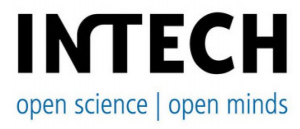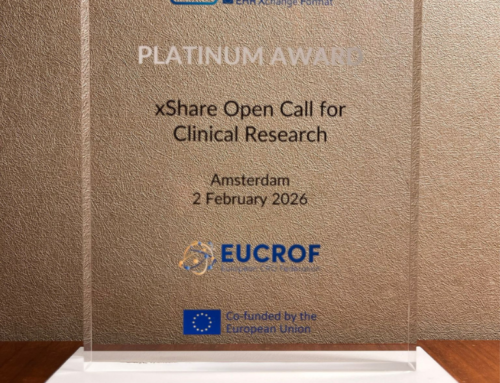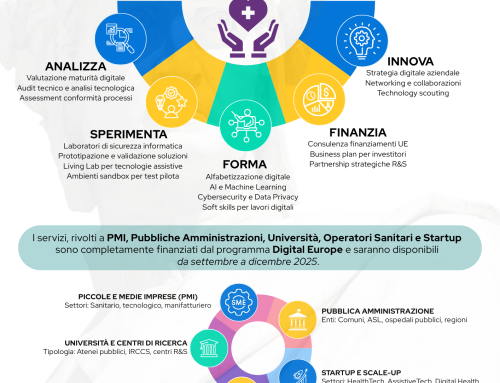
In June 2018, IntechOpen Book, one of the world’s leading publisher of open access books, published the book entitled “The Management of Clinical Trials”, including two chapters written by experts from Consorzio per Valutazioni Biologiche e Farmacologiche (CVBF) and PHARM – Pharmaceutical Research Management srl and dedicated to the paediatric clinical research and in particular to the innovative approaches that can be used to promote high quality paediatric studies. In particular, the chapter “Challenges in paediatric clinical trials: how to make it feasible” is dedicated to the crucial and challenging aspects hampering the paediatric drug development. These factors, that historically have made the paediatric drug development a neglected subject in the pharmaceutical industry’s scenario, are numerous: from the regulatory and ethical issues to some more technical matters such as the different drug formulation, the drug quality, the dosage forms, etc. Another chapter focused on the new trend of the paediatric clinical research toward a patient-focused approach has been included in the book and entitled “Informed Participation and Patient Empowerment: a patient-centered approach to improve paediatric clinical research”. This chapter provides an overview on the innovative concepts of Patient Empowerment and Patient Advocacy, that are making way in the European clinical research. As illustrated in this chapter and defined by the World Health Organization (WHO) the patient empowerment is “a process through which people gain greater control over decisions and actions affecting their health”. The transition from empowerment to patient involvement implies an important change of attitude: healthcare actors are no longer giving patients their information and allowing them to control the outcomes, but rather they are now actively working to engage patients in their healthcare. In this context the concept of Patient Advocacy represents a subsequent step. The WHO gave a definition of Advocacy as “a combination of individual and social actions designed to gain political commitment, policy support, social acceptance, and system support for a particular health goal or program”. This new vision aims to draw on patient knowledge and experience in order to deliver benefits for all stakeholders of the drug development process and address unmet medical needs of the patients. According this new approach, patients have a key role in improving healthcare services for all patients by contributing with their specific experiences as learning and educational tools to inform and (re-) design of services.



